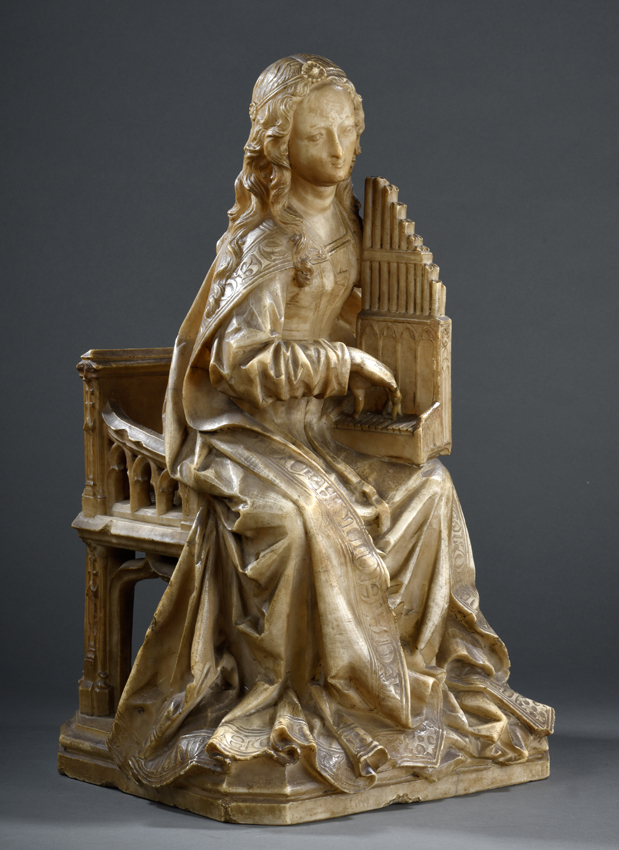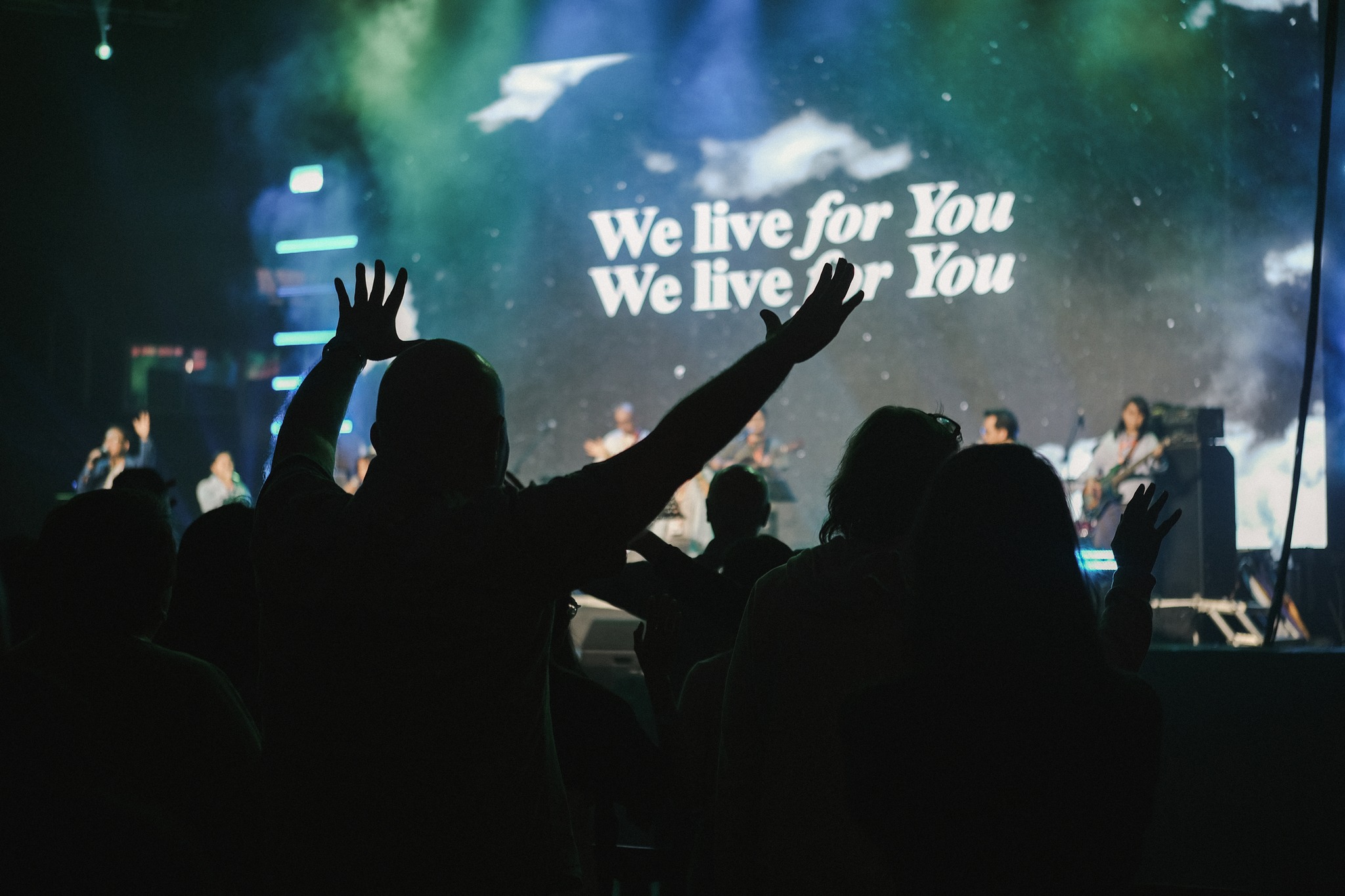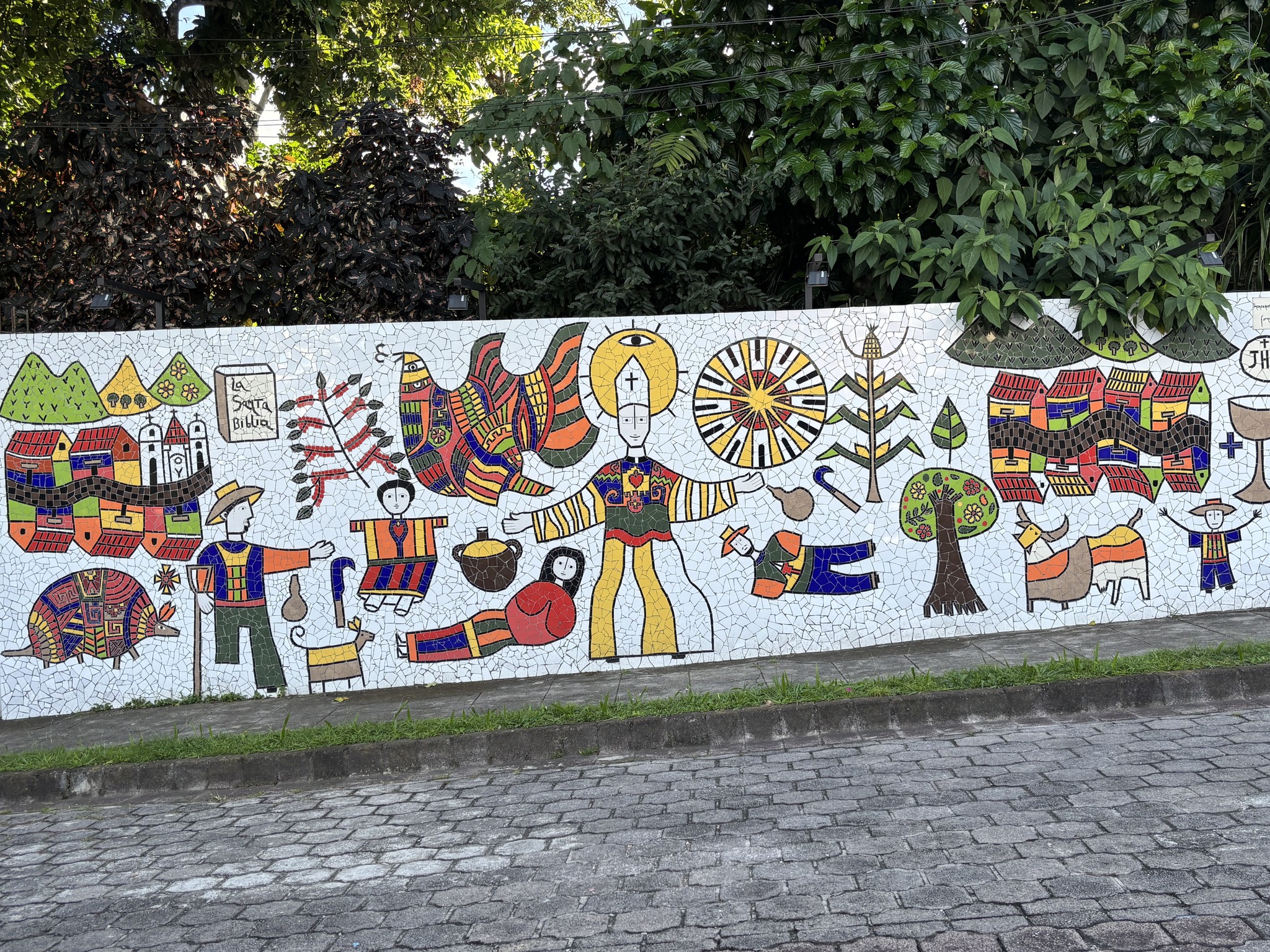Aurelio Porfiri
The feast of Saint Cecilia that we celebrate on November 22, reminds us once again to understand the community value of music. Good music strengthens social bonds in a positive sense, while bad music strengthens them in a negative sense. I have often related a fact as an example. When I was a professor in Macau, I gave my college students a theme, to explain their favorite song to me. Some entertained me about bands and songs honestly unknown to me, but what struck me was the fact that some of my students preferred songs that almost incited suicide.
They were a minority of students, but it struck me how even some of them recognized the negative effect of such kind of music, which is certainly not to be recommended. But, as I have said many times, precisely the Chinese ancestors of those students, like the Greeks, had well understood the edifying and destructive power of music, which they also used to cure certain ailments. Moreover, even in the Bible (1 Samuel 16:23) we have the testimony of this, when it speaks of David and King Saul: “So when the superhuman spirit struck Saul, David picked up the lyre and played: Saul calmed down and felt better and the bad spirit withdrew from him.” Yet this lesson of traditional wisdom seems to have abandoned us.
The memory of Saint Cecilia reminds us that music shapes us as human beings, as citizens and as Catholics. Speaking of performers of music in his book Il cervello musicale, scholar Daniel Schön said: “Social neuroscience is in full development, also thanks to the discovery of mirror neurons and the role they played in the study of empathy. The contribution of the neuroscience of music in this complex area is only at the beginning, but the first results show how musicians who play together manage to do so, thanks to the fact that their brain activity is synchronized. That is, the shared gestures and sounds impose a similar structure in the brains of the different musicians, and the more the brain activities are in tandem, the more the musicians will be able to play well together.”
If it is true for those who make music it is also true for those who listen and music shapes the community. This is why an unhealthy idea of liturgical reform has touched Gregorian chant, that repertoire that with such great wisdom is combined with the liturgy almost forming a single thing.
With this repertoire out of the way, the idea was to impose a new communitarian forma mentis in the liturgy, a forma mentis that has imposed itself but which resounds more and more in the emptiness of our churches. What has all this given us? Very little. We should understand again that the liturgy is the most precious gift that the Lord has given to us and that music plays an important part in the liturgies themselves. We know this but it seems that we are still doing very little to help this situation really improve. Music is really important! This is why nations have national anthems, this is why the Church has always traditionally put a lot of care in music in the liturgy, trying to give the people the best that the community had produced, not a failing lowest common denominator. But we are not to be deceived, this is a road that leads us towards an abyss and what we constantly repeat for the so-called climate issue, here too there is a minute until midnight.


 Follow
Follow


